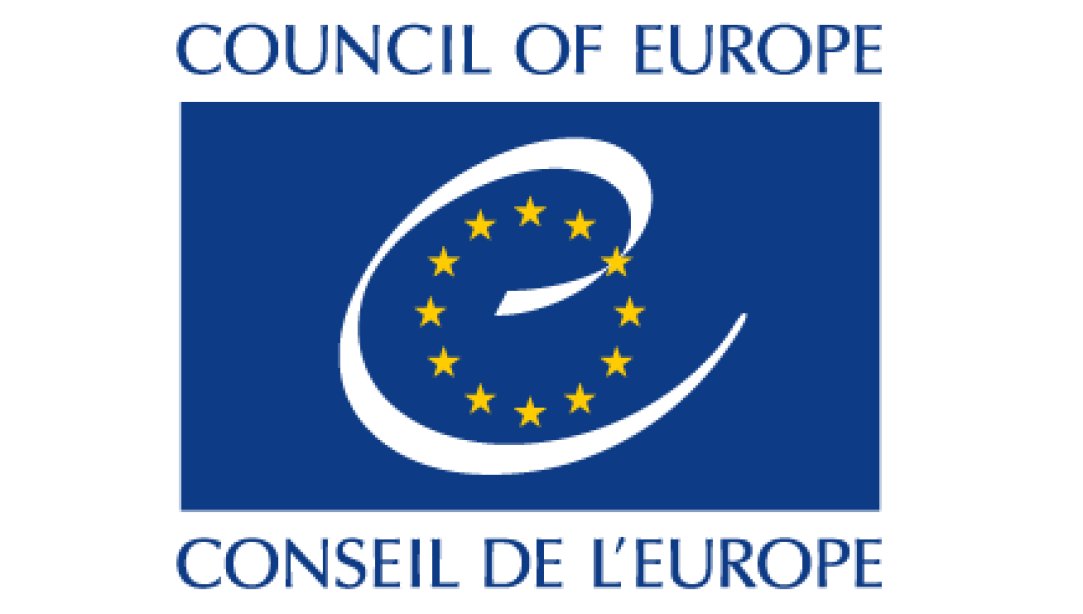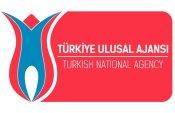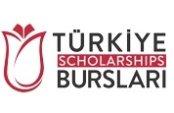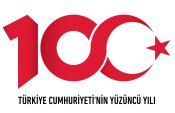
Council of Europe
History
The Council of Europe was established after the Second World War to achieve a greater unity and collaboration in Europe on the basis of common European values, standards and institutions.
The Council was created in 1948 with two statutory bodies; the Committee of Ministers representing the governments and the Council of Europe (then) Consultative Assembly representing the parliaments. This structure was later followed by NATO, the EU and the OSCE.
The London Agreement that established the Council was signed on 5 May 1949 by 10 European countries. The European Convention on Human Rights (ECHR) which forms the backbone of the Council of Europe was signed on 4 November 1950 in Rome.
The Council of Europe focuses on creating, codifying and monitoring the standards in member states and streamlining political cooperation among them. In addition to its intergovernmental, parliamentary and local dimensions, the Council also contains a system of more than 200 conventions and protocols. The Organization has several monitoring mechanisms including the European Court of Human Rights to which all member states have accepted the right to individual application.
The democratization process that took place at the end of the Cold War highlighted the political and legal effectiveness of the Council. With the membership of the countries in transition in Central and Eastern Europe, the Organization expanded rapidly. In view of the developments brought about by globalization, there have been calls to reform the Council since the 2000s. The Council of Europe Summit held in 2005 in Warsaw constituted a significant step in this direction. Following the election of former Norwegian Prime Minister Thorbjorn Jagland as the Secretary General in 2009, a comprehensive reform process has been put into practice. It aims at increasing the benefits of the work and contributions of the Council of Europe as well as strengthening its political role and visibility both at regional and international levels.
In recent years, the Council has iniated a number of activities for North Africa and the Middle East to share its experiences on human rights, democratization and the rule of law norms and standards.
In 2019, the 70th anniversary of the founding of the Council of Europe (May 5, 1949) is celebrated both in the Council of Europe and the member states.
Türkiye's Relations with the Council
The Council of Europe embodies Türkiye's first institutional tie with Europe after World War II. Türkiye was invited to the organization as a founding member in August 1949.
Since the inception of the Council of Europe, Türkiye contributed to the common efforts aiming at taking Europe out of the post-war psychology as well as achieving reunification. Türkiye supported the accession of the Federal Republic of Germany and Austria to the Council of Europe following World War II. Türkiye has actively upheld the idea of European integration at intergovernmental and parliamentary platforms. Turkish parliamentarians participated at the PACE since its establishment and contributed to the common European identity and vision. (Detailed information about Türkiye's relations with the Council of Europe can be found at Human Rights in Türkiye/Council of Europe subheading)
Member Countries
Germany, Andorra, Albania, Austria, Azerbaijan, Belgium, Bosnia-Herzegovina, Bulgaria, Czechia, Denmark, Armenia, Estonia, Finland, France, Cyprus, Georgia, Croatia, Netherlands, England, Ireland, Spain, Sweden, Switzerland, Italy, Iceland, Montenegro, Latvia, Liechtenstein, Lithuania, Luxembourg, Hungary, Macedonia, Malta, Moldova, Monaco, Norway, Poland, Portugal, Romania, Russia, San Marino, Serbia, Slovakia, Slovenia, Turkey, Ukraine, Greece.
Observer Member Countries
USA, Japan, Canada, Mexico, Vatican
Turkey's Membership Status
Turkey is a founding member
The Council of Europe (CoE) was established after the Second World War to achieve a greater unity and collaboration in Europe on the basis of common European values, standards and institutions.
The London Agreement that established the Council was signed on 5 May 1949 by 10 European countries. The European Convention on Human Rights (ECHR) which forms the backbone of the Council of Europe was signed on 4 November 1950 in Rome. Türkiye is among the first signatories of the ECHR.
Education and Training Activities with CoE
Participation in committees and working groups, which are under the responsibility of the Council of Europe and listed below, are provided by our Ministry or under the coordination of our Ministry.
Steering Committee for Education Policy and Practice (CDPPE)
It was established to encourage cooperation and to share ideas, information and good practices in the field of education among member countries. The first meeting of the Committee was held in March 2012 and the16th Meeting of the Committee was held online on 13-15 October 2021 with the participation of our General Directorate
Education Policy Advisors Network (EPAN)
This network was created in line with the decision taken at the CDPPE meeting of the Council of Europe in December 2017. EPAN aims to promote the integration of the Reference Framework of Democratic Cultural Competences in member states. It is followed by our General Directorate and the representatives of the General Directorate of Basic Education.
The Council of Europe Platform on Ethics, Transparency and Integrity in Education (ETINED)
ETINED was established in 2015 by the Council of Europe. The aims;
- Sharing good practices and knowledge for transparency and integrity in education,
- Contributing to finding solutions to the challenges that corruption causes in the education and higher education sector
- Creating a virtuous education cycle where all actors adhere to basic ethical principles
- Developing the capacities of all stakeholders
On the platform, our country is represented one full member and one substitute member from our Ministry and Council of Higher Education
The Observatory on History Teaching in Europe(OHTE)
OHTE is an Enlarged Partial Agreement of the Council of Europe, whose mission is to promote quality education in order to enhance the understanding of democratic culture. It has 16 member countries together with our country. Greek Populated Southern Cyprus is also a member. Our country is represented by the Turkish Military Academy Prof. Dr.Gültekin YILDIZ in the board of directors of the observatory. The Scientific Advisory Board, which is under the responsibility of the Observatory, consists of 11 people and our country is represented by Prof. Dr. Erkan DİNÇ.








